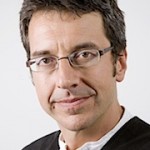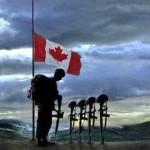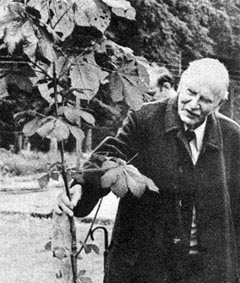Have you missed me? (I’ve missed me.)
In the ongoing whirl of readjustment to Ottawa living, my bride getting back to work, and me coaching junior varsity basketball as if it was played on Mount Olympus, my writing routine has been thrashed. I haven’t been a very productive pen monkey. (Chuck Wendig grimaces in violent dismay and arse-kicking encouragement.) The good recent news is that a quite fine (thank you) American website, The Classical, ran a much-revised version of a piece on my Rugby Daddery and the Adventures of Son the Fourth in learning a brand new game. @classical specializes in long-form writing about sports, stuff that goes beyond the stats and standings. This made me happy.
I should have reviewed the film Whiplash, a disturbing, slightly over-the-top examination of a crazed mentor — in this case, a musical rather than an athletic one — and his perhaps equally nutty victim/protegé. I ate it up, loved and hated the thing, and have been thinking about the making of excellence and just exactly where that line is ever since. Yes, this was at the mighty ByTowne. Whiplash is a claustrophobic, in-your-face depiction of an extreme teacher-student connection, and J.K. Simmons is infuriatingly great as the megalomaniacal mentor. Okay. I suppose I just did sort of review it, but also have wanted to get to a Better Read Than Never review of John Feinstein’s The Last Amateurs, and an account of a brilliant human rights lecture by Payam Akhavan, and reflections on not living in China anymore, and more on books I’m eating, and I haven’t said a word about Ferguson or Jian Ghomeshi or the wars we try to forget or the Toronto Raptors…
…and don’t get me started about my stillborn books. (Thanks for not getting me started.)
The posting pace is about to quicken, I hope I hope I hope. Here’s what’s been going on recently here at JH.com, especially for you newbies. If you’re a strange lurker here, WELCOME! The bits below will help explain how all this works:



